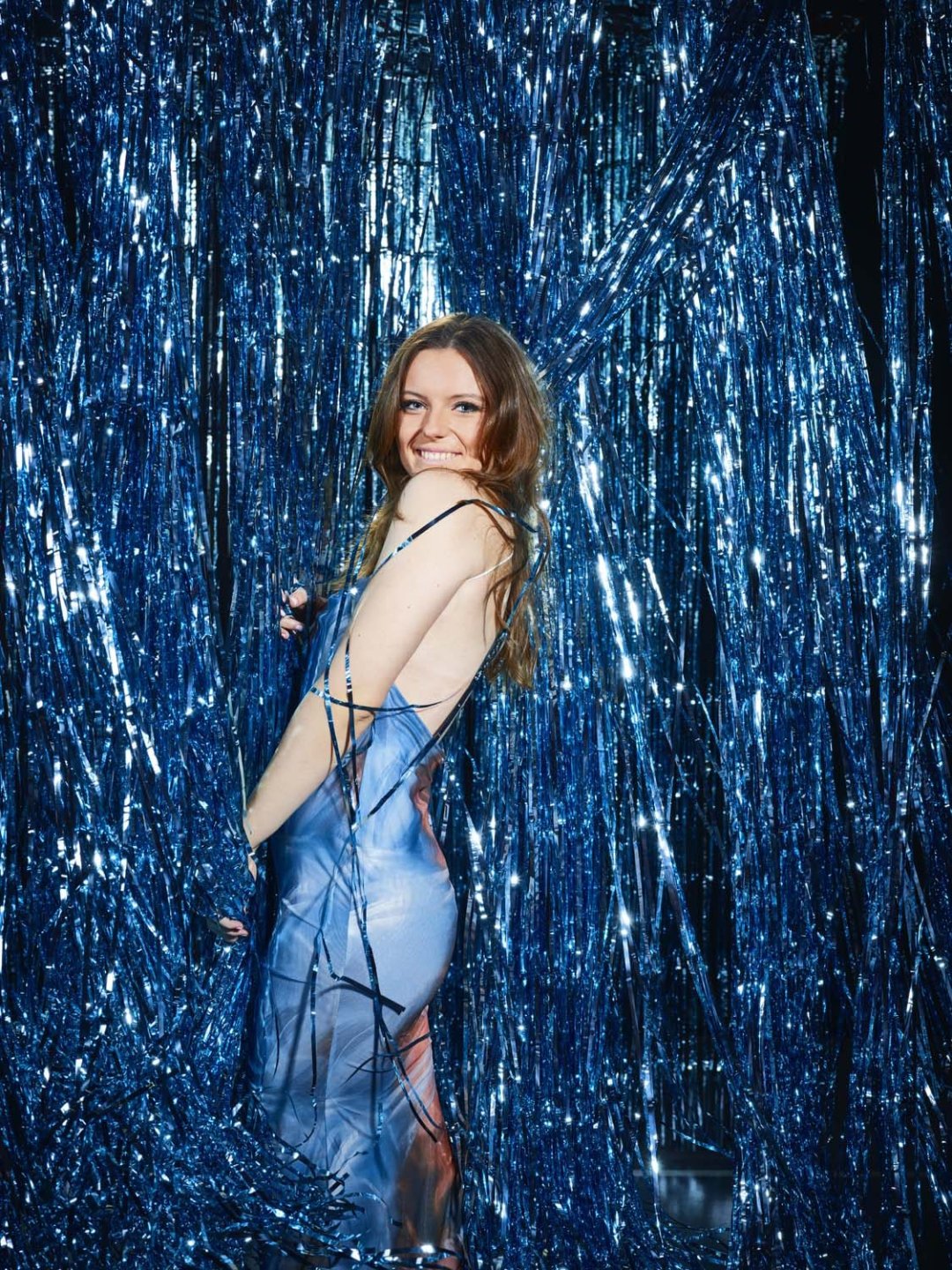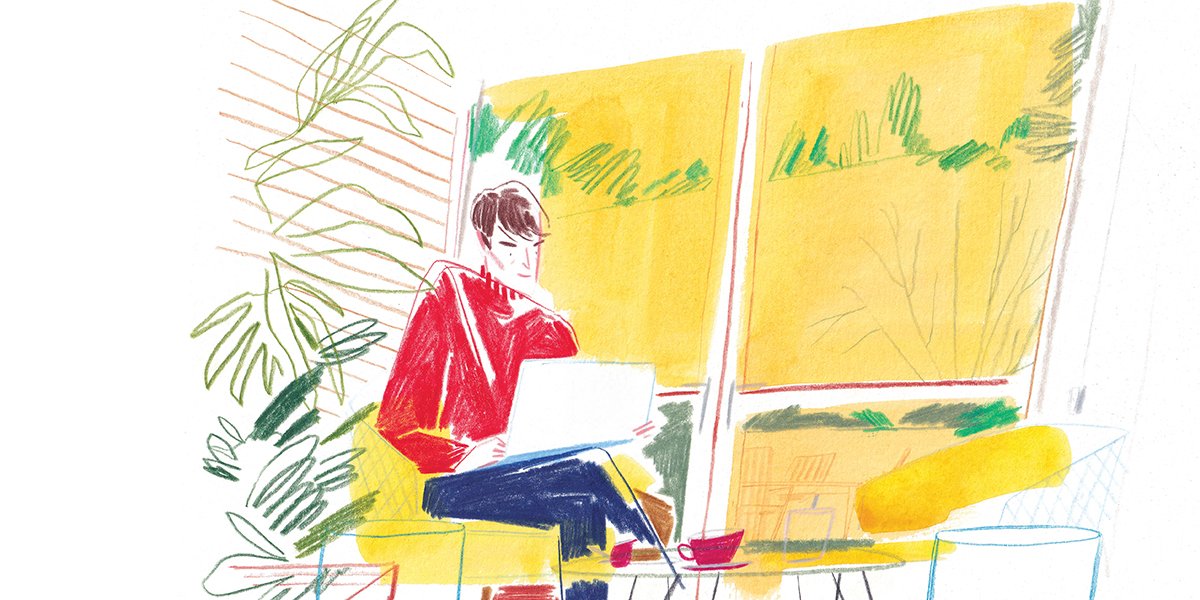Ishaka De Bessou (History, Third Year), Fitzwilliam Winter Ball Treasurer
On the ball
Food. Entertainment. Welfare. College. In Cambridge, you know something is important because it comes with its own committee.
From blind wine tasting to Bollywood, and Marxism to medtech, there’s a committee for that at Cambridge. For some, like the Spring Ball or the Boat Club committees, the stakes are high and the pressures intense. But what goes on behind the scenes, when a group of students and some patient staff members commit together to make it happen, come hell or high water? And, most importantly, what life lessons are learned?
Lesson 1: Everyone is winging it
“Imposter syndrome is a waste of time,” says Nathalie Trott (St Edmund’s 1998), who was Vice President of the Cambridge University Women’s Boat Club during her fourth year. “I had it at Cambridge without knowing there was a label for it back then, but I learned in committee that no one really knows what they’re doing. Especially the ones with the most chat. When I was secretary of the History Society, I often thought: ‘How do you people know all this stuff?’ But actually they had just read one article. I learned that life is full of people who make out that they know more than they really do, and I decided I was just going to learn as I went.” Also, if you admit you don’t know, you can ask for help, she says. “I came from a teetotal family so I knew nothing about wine, but History Society seemed as much about discussing wine as history. And my job was to buy the wine. So the guy in the off-licence became my biggest ally – he taught me everything I knew back then! And I learned to like wine.”

Lesson 2: There are dreams – and then there’s risk assessment
“The main thing I say to students is, no fairground rides!” As a Junior Bursar at Girton College, Maureen Hackett oversees the Spring Ball committee, making sure the event happens safely and College doesn’t burn down (a fire once did break out at a different college, after students stockpiled paraffin for fire jugglers). “They wear me down every year, though,” she continues. “They come in with so much enthusiasm, and it’s the hardest thing to not squash their ideas but to get them to think about things like ‘where are the electric points’. We try to help them come to their own conclusions. But having fairground rides is logistically challenging.”
The students have to present a fully costed business plan that will be covered by ticket sales, and it must be complete with risk assessments. “We had to say no to a ball pit post Covid, because it would have been like students licking each other. I once had a very long discussion about how long cheese can safely be left out of the fridge (answer – four hours). But typically we compromise over swing boats and dodgems. They love dodgems, but the paperwork is terrible.”
Every year there’s a different theme, and the students make the decorations. “Steampunk was great – I wore a bowler hat and a lot of metal,” says Hackett. “The artwork is always amazing; one year there were streamers pushing up like flames along the fire escape corridor, and teacups hanging from the ceiling. We usually say: ‘Make it beautiful, using flame-retardant materials.’”
Lesson 3: Things WILL go wrong
“We try and tell students on the Spring Ball committee not to over-invest emotionally,” says Hackett, “because it could be cancelled. Things happen.” Things like global pandemics. Girton’s Spring Ball scraped in before the Covid lockdown in March 2020, although no one was well versed in protocols at that point. “We sent someone out to get antibacterial wipes, and they came back with oven wipes! And the one-way system was a work in progress.”
Emmanuel’s June Event was not so lucky. “In late March 2020 we took the decision to cancel and refund tickets,” remembers then-committee president Matilda Schwefel (Emmanuel 2017). “We had worked so hard for months. I kept it together during the committee meeting, composed an email to ticket holders, wrote to suppliers. Then a friend sent me a sweet message and I just burst into tears. It wasn’t just the disappointment of cancelling, it was the feeling that there were people I’d never see again.”
We had to say no to a ball-pit post Covid because it would have been like students licking each other
Schwefel did get to throw a launch party for the never-was 2020 theme of ‘Sunday Night Fever’, based on films set in New York, which provided plenty of opportunities for thinking on your feet. “We had planned a flash mob in the centre of the College bar, 30 of us had learned the dance from Saturday Night Fever. But when we pressed play on the video, nothing happened, even though we’d tested it four times that day. We had to put the lights up again and I sprinted to get another cable. People had to wait five minutes, but then we dazzled them with our dancing.”
She had been decor officer the year before, when the theme was the Italian car race Mille Miglia. “When our vintage car arrived, the gardeners didn’t want us to drive it onto the lawn. We had to get planks from the decor shed to put underneath the wheels and roll the car by hand. You can’t be haunted by your mistakes – you’re allowed to make them.”

Alice Hickson (Philosophy, Third Year), Fitzwilliam Winter Ball Vice President.
Lesson 4: Don’t annoy the staff!
“It’s important for students to understand who the key members of the staff are and to not annoy them!” says Hackett. And for Caius Student Union entertainments officer Aidan Jones (German and Russian, Second Year), these staff members were the porters. “We had to set out our detailed plan for the end of year garden party to the porters before it went to the College, because they were ultimately responsible for event security. There was a lot of compromising that went on. For instance, we wanted to finish at 1am but they said we had to finish at 10pm. The compromise was, we started at 3pm instead of 5pm and, honestly, after seven hours of keeping the event going I was happy that it ended at 10!” The key, Jones learned, was to show them you had thought everything through. “If you could show you’d anticipated the risks and how to minimise them, they were happy.”
Lesson 5: Being good at something isn’t the same as being a good leader
“I decided not to go for President of the Boat Club as I felt I didn’t know enough, and didn’t have enough experience rowing,” says Trott. “So I went for Vice. But there’s a certain stress that comes from being second in command, too, as you have to act on other people’s decisions.” What you need for good leadership, she says, is someone who is ready to take responsibility and be accountable. “Most stress comes from dithering, from changing mid-strategy and from lack of clarity. It was a really good platform for me to learn that I’m good at taking responsibility, and so I learned never to rule myself out of a race.”
For Schwefel, leadership is about diplomacy. She remembers: “There would be clashes over the theme choice, or departments passionately justifying why they needed more budget than the others. But we trusted each other, so we could have lunch together and I could say: ‘Look, it sounds great but it’s just not feasible.’
We usually say: ‘Make it beautiful…using flame-retardant materials’
“It was also about managing different inputs and outputs – some people are always going to put in more effort than others, so it was important to make sure that those people felt valued.”
Schwefel also learned about prioritisation and time management, even if her method was potentially unsustainable. “I learned to prioritise emails by when things needed doing, and to love spreadsheets a little too much. Juggling between my degree and the Ball, I had a little notebook full of lists that I took everywhere – if I’d lost it, I would have been sunk. I threw myself into Cambridge life – for me, friends and societies were an important part of the experience. I went full tilt for each eight-week term, and then I’d go home to my parents’ and sleep for a week.”

Eilish Turner-Frick (Medicine, Third Year), Fitzwilliam Winter Ball President.
Lesson 6: Take time to feel the joy
“I enjoy people-watching on the night of the Ball,” says Hackett, “seeing how the committee is getting on and the sheer joy on students’ faces.” It’s important to take five and appreciate what you’ve achieved, agrees Schwefel, who was also Ball publicity officer in her first year. “We would stop filling ice buckets when the headliner came on, and all of the committee would go to the main stage for five minutes just to say: ‘We did it!’ We’d all been up since 6am, then after people left we’d stay up to put the College back to normal before the morning. We were that kind of delirious where everything is funny. At 6am, after 24 hours awake, someone would do a coffee run to Savino’s, and a coffee and a bacon sandwich would get us through to about 1pm, when we’d fall, exhausted, into bed.”
Lesson 7: Winning doesn’t matter… much
“The Boat Race felt so important,” says Trott. “I remember watching the race when I was six, and my mum said: ‘If you work hard you could go to one of those universities.’ I asked which one and she said: ‘Well, you look better in light blue’, so that was my decision made.” Trott rowed for Cambridge in her third year and lost. “I said I was never doing it again, and six weeks later I had signed up for the next year, and for a leadership position. It was painfully addictive. I really wanted to be part of a Light Blue victory, but that year Cambridge lost all our races. It felt soul destroying to have given so much, and to lose every race. It was a long time until something mattered to me as much as the Boat Race.”
By the time that came, though, Trott had learned another lesson. “I didn’t appreciate it at the time, but it’s not the winning that matters most in the long run. Turning up matters. Being part of something matters. The spirit of camaraderie we had, particularly in that second year, was amazing – everyone did their best under challenging conditions and we really supported one another. That Blondie crew are still some of my best friends.”
Were you part of a Cambridge committee? Then let us know your experiences, and things you learned, at cameditor@alumni.cam.ac.uk
 CAM
CAM

